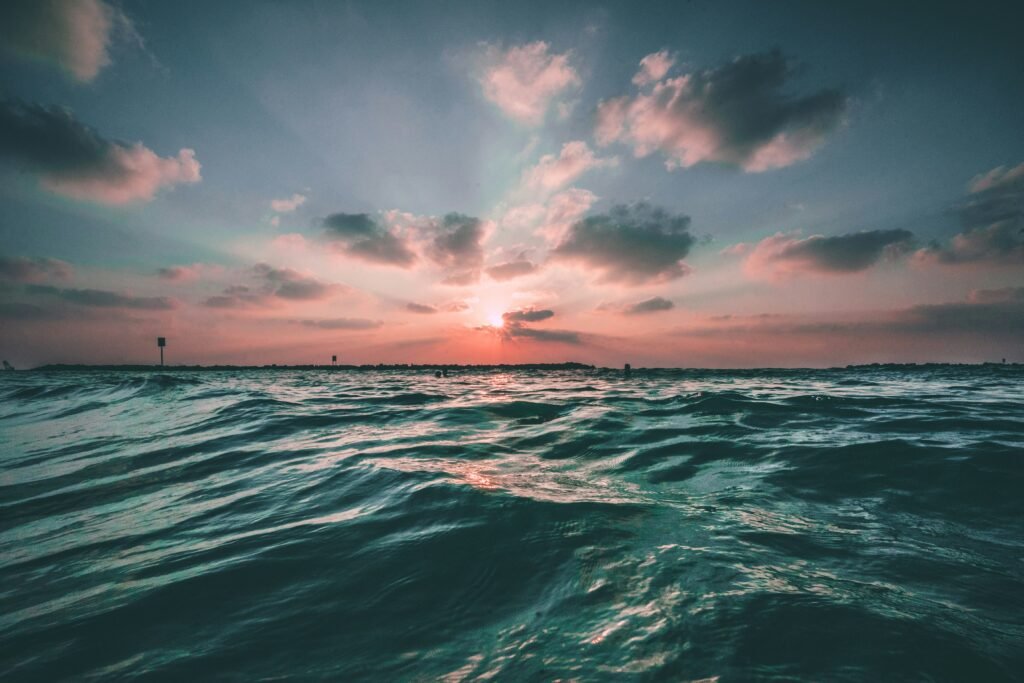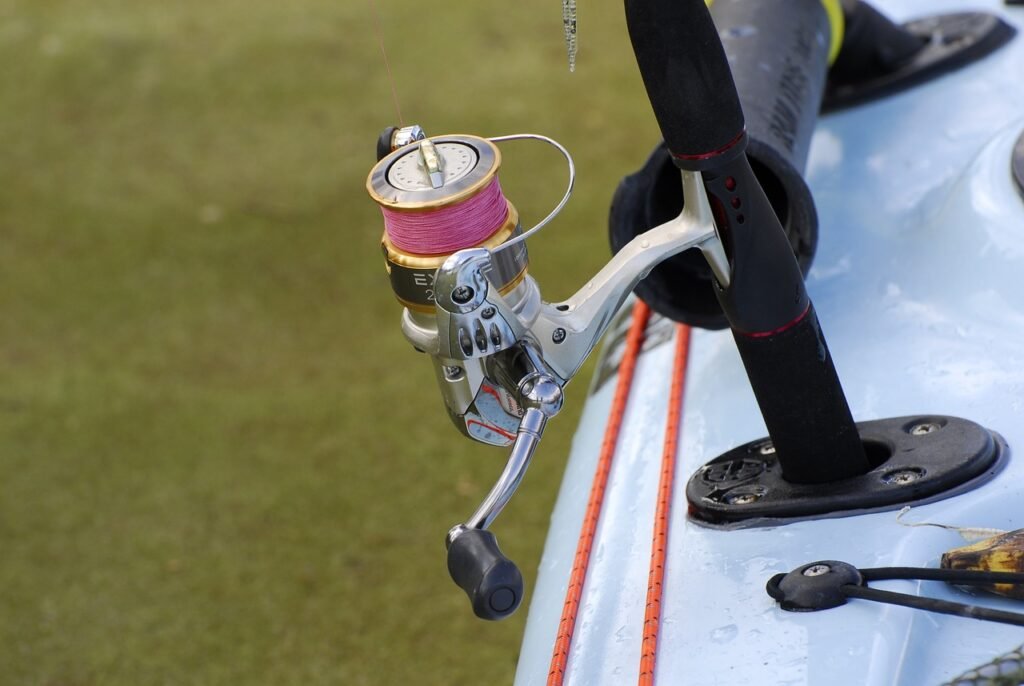Have you ever planned a fishing trip, baited your hook, and cast your line out into the vast blue, only to find that the fish seem to have taken a day off? You might be scratching your head, wondering what went wrong. Well, fellow anglers and marine enthusiasts, it might just have to do with something as natural as the ebb and flow of the tides.
It’s not just a beautiful view or the change in scenery that tides bring to our shorelines; tides are like a dinner bell for saltwater species! Understanding the movement of tides can mean the difference between a catch to brag about or just a fishing tale about the one that got away.
What Are Tides?
Tides are the rising and falling of sea levels caused by the combined effects of the gravitational forces exerted by the Moon, Sun, and the rotation of the Earth. The result? You get high tides and low tides, which can subtly or drastically change the landscape of the shore and the behavior of fish.
High Tide: The Fish are Coming!
During a high tide, water covers many rocks, coral, and other structures close to shore. This is party time for fish! Many species head towards these submerged dining areas to feed on the organisms that live there. It’s like their version of a buffet.
Imagine you’re a fish – the high tide has just given you access to plenty of new snacks that were out of your reach before. You’re definitely going to take advantage of that, right? Well, so do the real fish! That’s why fishing during a high tide can be particularly rewarding. Bigger fish venture closer to shore to feed, meaning you might not need to cast out as far to find them.
Low Tide: The Waiting Game
Low tide reveals structures such as rock pools, jetties, and seaweeds that are normally hidden. While it may look like an invitation to cast your line, remember that many fish move away from the shore to avoid being stranded in shallow water. During this time, patience is key. You may find success in deeper channels where fish might be waiting for the tide to rise again.
However, low tide isn’t all about playing the waiting game. It’s a fantastic opportunity to observe and learn about the marine environment. You can see where different species of fish may hang out, note potential obstacles for your lines, and plan your next high tide assault.
The Tidal Flow Affects Feeding Habits
Understanding the flow of the tide is crucial. Some fish like to swim with the current because it’s easier to move and hunt for food. Others prefer to face the oncoming water, waiting for the tide to bring the buffet to them. If you notice the direction of the tide, you can adapt your fishing techniques accordingly.
Slack Tide: The Transition
Not to be overlooked is the slack tide – that magical period between high and low tide when the water is essentially motionless. Many ocean anglers swear by the slack tide, believing that it provides a calm window for successful fishing. This is when fish often change their locations and habits, and if you’re at the right spot at the right time, you could take advantage of this transition.
Planning Your Next Fishing Trip
With a little attention to tidal patterns, you’ll start noticing correlations between the tides and when you’re getting bites on your line. Check a tide chart before you go; they’re readily available at local bait shops or online. Aim to start your fishing trip a couple of hours before a high or low tide, and your chances of success could improve significantly.
In Conclusion
Saltwater anglers, if you’re not factoring in the tides, you could be missing out on some prime fishing opportunities. Just like you wouldn’t ignore the weather forecast before heading out, don’t ignore the tides. Knowing when to cast out or when to take a break can make your fishing experience a lot more productive and enjoyable. Happy fishing, and may your lines be tight and your catch be big!
Remember, the tide waits for no one, but if you understand its language, it just might help you reel in the catch of a lifetime.



